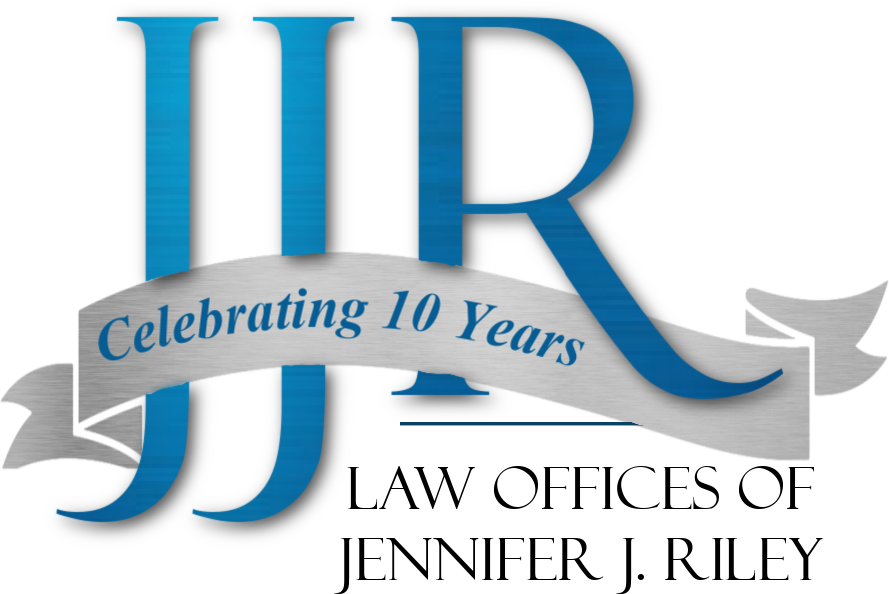Are you searching for a peaceful, efficient, cost-effective way to build a healthy post-divorce future for your family? Mediation could be the path for you. While you might have heard of the “Magic of Mediation,” what really makes Mediation so powerful is not magic. The power of Mediation comes from its four core principles:
You are in Charge
When couples choose Mediation, they choose to remain in control of their divorce and their future. In Mediation, there is no judge, no jury, no outside decision-maker. What is possible in Mediation is limited only by the creativity and commitment of the parties, not by the letter of the law, the rules of court, or the whim of a Judge. Parties to a Mediation are not adversaries; they are partners, working together to create a resolution that meets all their interests. Mediation is powerful only if it is empowering, because nobody knows what is best for you and your family better than you.
Your Mediator is Neutral
A Mediator’s job is to facilitate a safe, structured process that empowers couples to communicate and resolve their conflicts constructively. While some Mediators are lawyers, Mediators do not serve as the parties’ attorney, and they do not advocate for either party. Mediators do not take sides, give legal advice, or push an agenda or their preferences. By remaining strictly neutral, Mediators keep the parties focused on what really matters: understanding and clarifying their interests, exploring options, and communicating effectively with each other. Mediators stay in the middle, so that the parties remain in the center.
The Process is Confidential
To create resolutions that meet all their interests, parties need to communicate openly, and without fear that their words could be used against them. That’s why, by law, discussions that occur during Mediation are confidential and inadmissible in any later court proceedings. With very few and limited exceptions, neither the parties nor the Mediator may discuss anything that occurred during the Mediation with anyone outside of the Mediation, and neither party may call the Mediator as a witness in any later court proceeding. What happens in Mediation, stays in Mediation!
The Process is Voluntary
Mediation only works when both parties commit to making it work. Because the parties are always in control, Mediation is inherently voluntary. That means the parties must enter Mediation freely and must be allowed to withdraw from Mediation at any time, for any reason, or for no reason at all. This ensures that the only parties to a Mediation are those who are choosing to engage in it. Every step along the path of Mediation is one you choose to make.
Learn More
To learn more about Mediation, check our Frequently Asked Questions About Mediation, and our comparison of Mediation vs. Litigation. You can also reach out to one of our Mediators with questions and for help deciding whether Mediation is the path for you.


